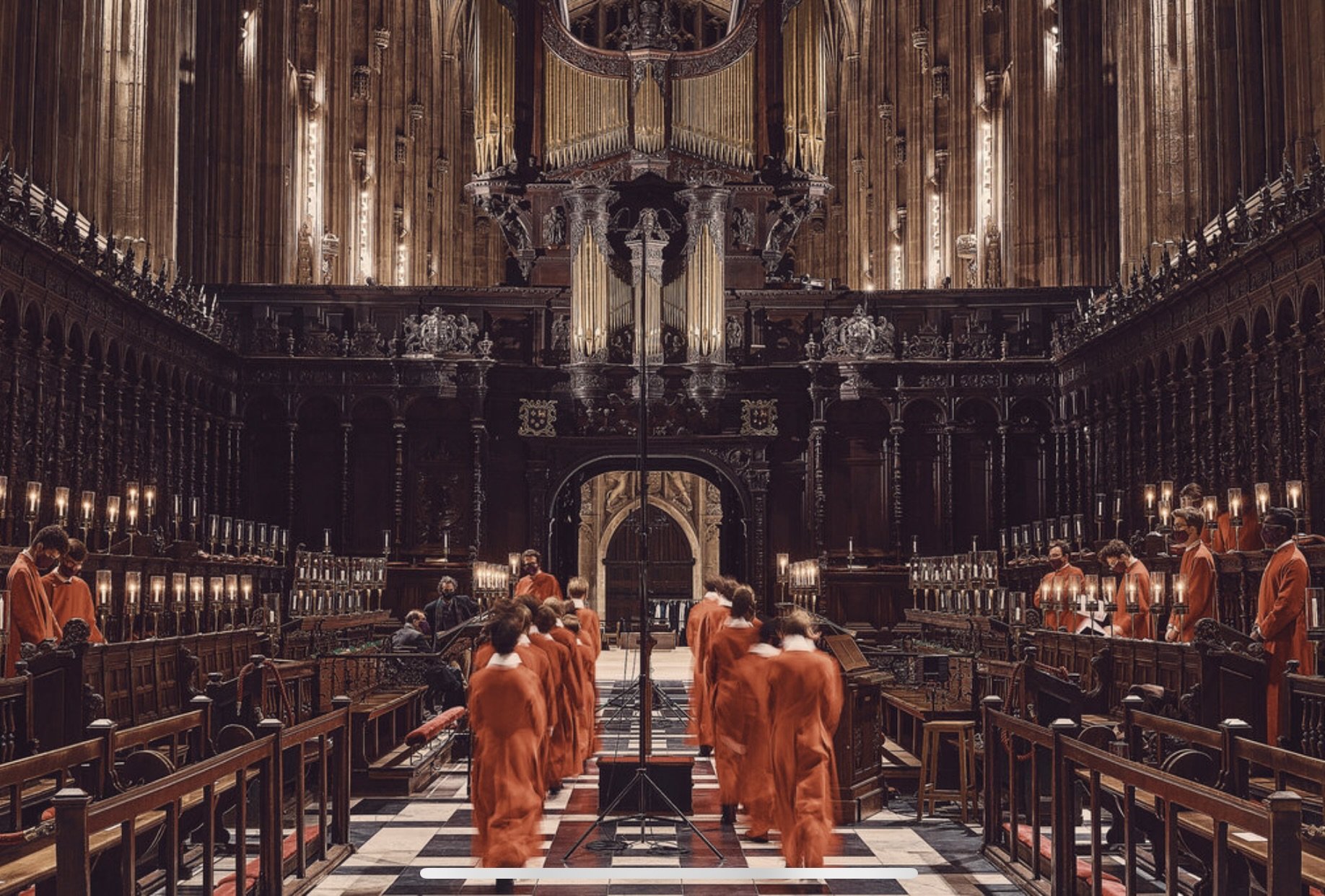We live in a culture where women are constantly modifying the body they were naturally born with. There’s a relentless emphasis to morph, sculpt, tone our womanly form to look like a twelve year old boy, wax our innately hairy bodies, enhance female areas, color our hair, inject or even alter our faces, suck out “imperfections,” I could keep going, but I’m really quite tired of it all.
Ultimately, we are conditioned to feel a sense of lack when we view and observe our bodies. There’s always an urge to improve upon what is naturally there. And there is an exhausting focus and energy given to enhancing our perceived lacking selves. We end up trying to fit into an “idea” of who we should look like, and thus fall ever short to that ideal. Of course we are then left to look at ourselves with constant disappointment. So sad!
In reality, we should restructure our homogenized concept of the ideal to refit an individualized admiration for our unique selves.
“It is a revolutionary act to embrace who we are, just as we are.”
Indeed, it is quite radical to release ourselves from this conditioned obsession to “fix” our bodies. Our shallow visual relationship with our body can and should become more comprehensive and bonded.
Often we feel it is best to relinquish all feeling and sentiment toward our physical frames and direct all our energy and attention entirely to our inner selves; but this is not the answer. We never should become impassive and aloof from our bodies. We must continue to care for, respect, honor, nurture, and sustain them—these structures marvelously formed from matter. Because it is through our bodies that we experience life. And the more disconnected from our bodies we become, the more disconnected we become from life.
In the words of a past university professor of mine:
“The body is the cup in which to drink the world.”
And when we acknowledge this one true fact, our focus shifts from befitting an unavailing ideal, to honoring an already present body, a body that is constantly giving, constantly enabling. We then come to admire the nuances that make up our own body, the differences that separate our form from all the others. And instead of tweaking, breaking, altering, criticizing our physical forms, we desire to give back to this gratuitous body that allows us to inhale and exhale life.
When our attention to bodily appearance converts to bodily appreciation, we are then awakened to the wide expanse of life that is pumping, respiring, moving all about us. And this process of body nourishment and cultivation becomes circuitous, as our bodies in return, allow us to engage more completely with all of life’s interactions. It is a bountiful transaction rooted in giving and receiving, and giving and receiving again.
Discovering and admiring our individual forms requires a shift in how we view ourselves and how we view others. And this can take time, especially because our culture will continue to condition our minds with its habitual, hollow message of glorified "ideal" body imaging. It will take active and diligent persuasion, personal persuasion, to nourish ourselves with bodily appreciation and cultivation. But as we begin to enjoy our variations, the parts of us that differentiate us from everybody else, we will also begin to discover and delight in all the diversity existing among us. And our concept of beauty will become far- reaching, expansive and abundant, and our confidence will grow unbounded... when we come to realize how bountiful a life our body is giving us.
(Photo: "Deep Sea Diver" by Brad Tennant)




